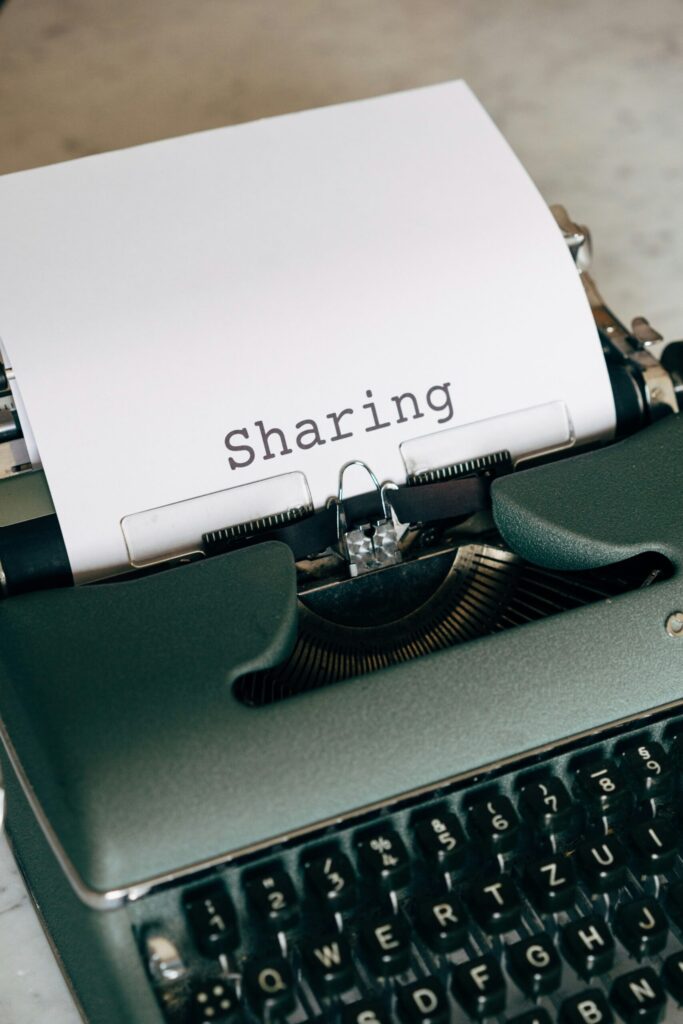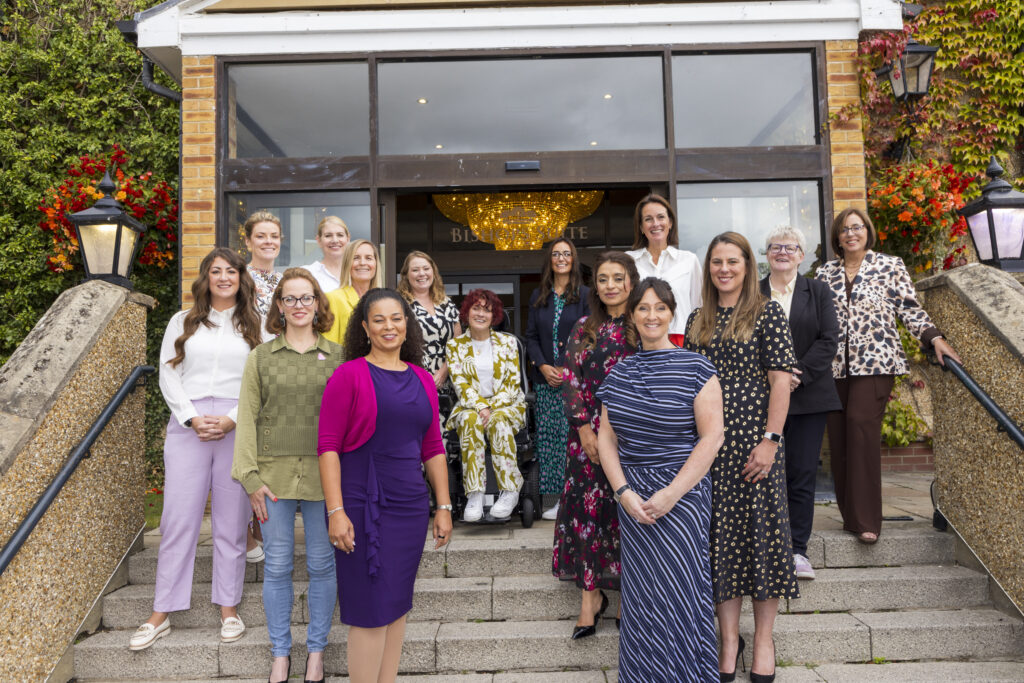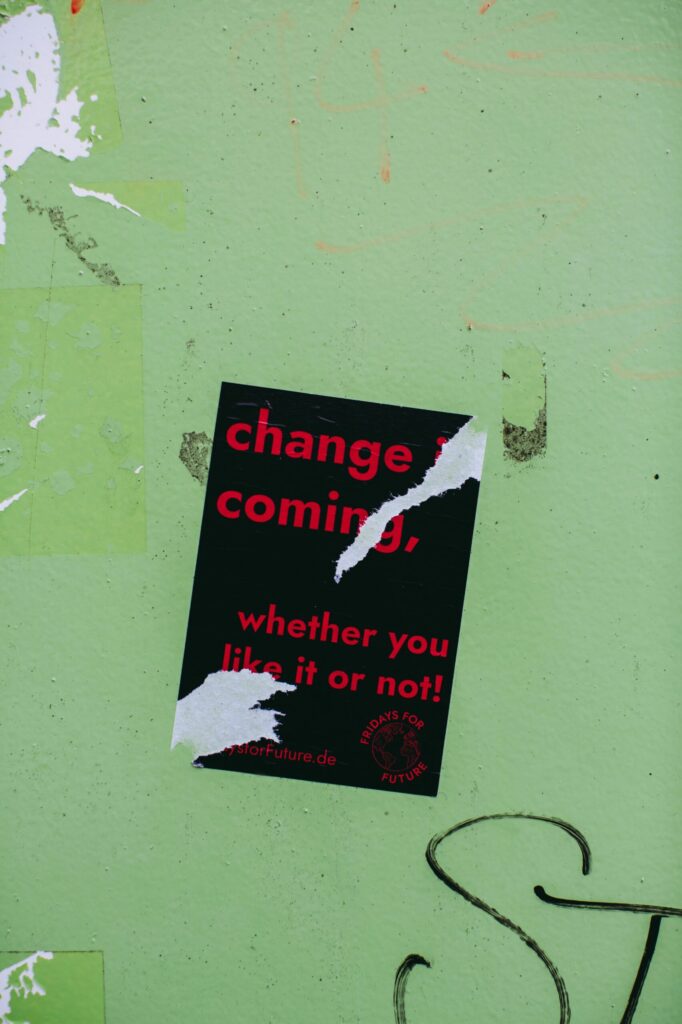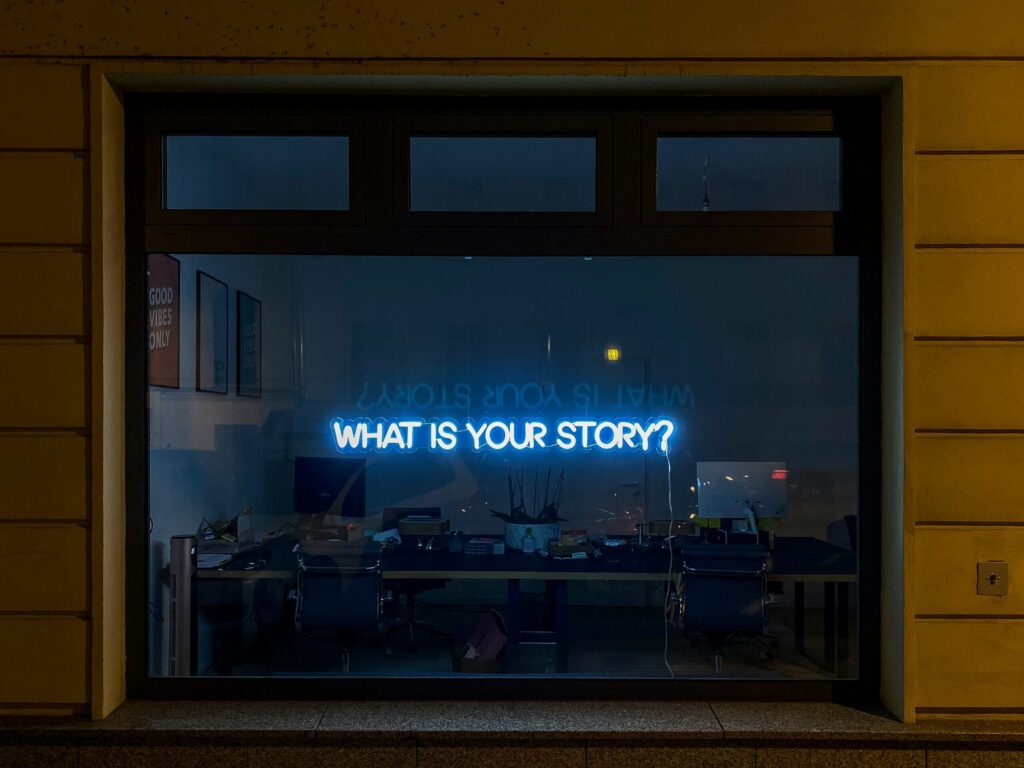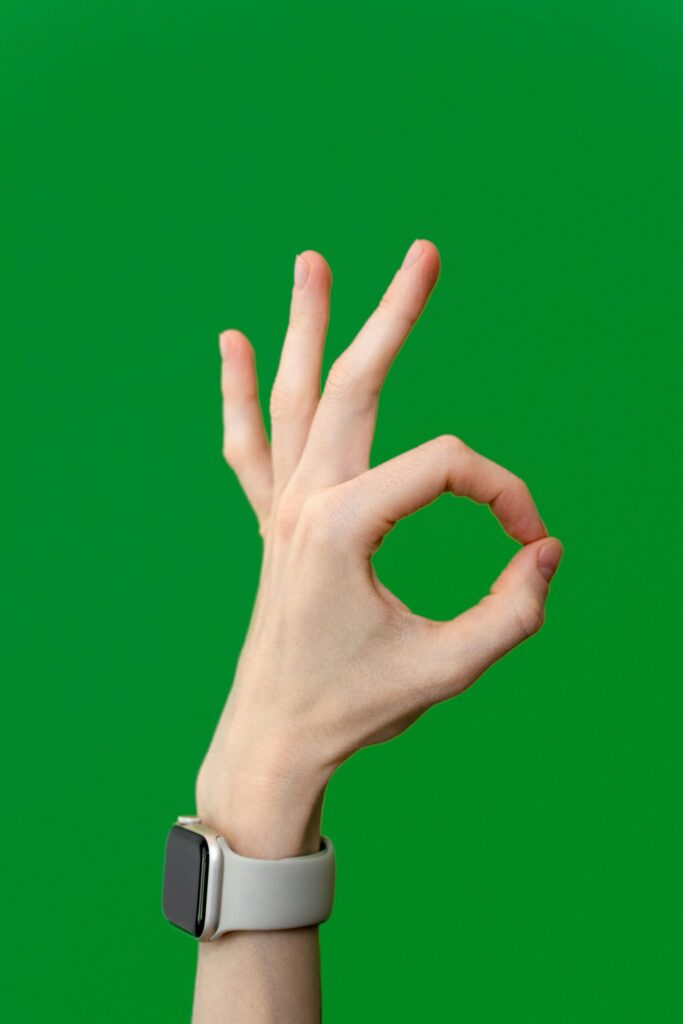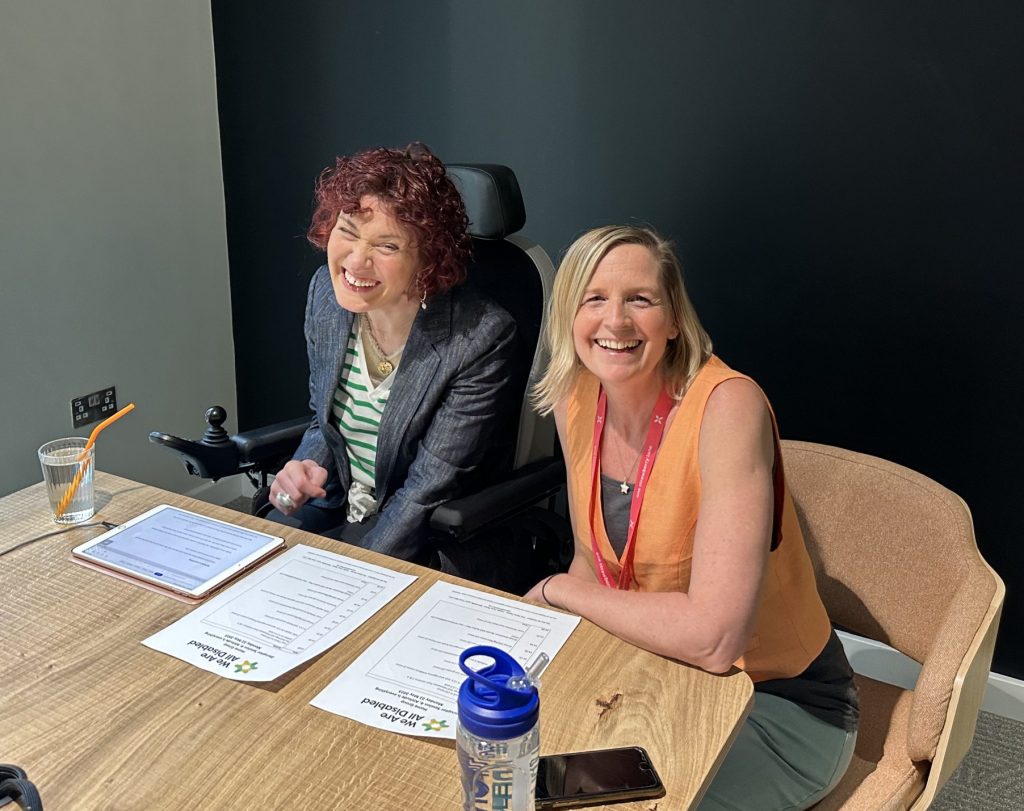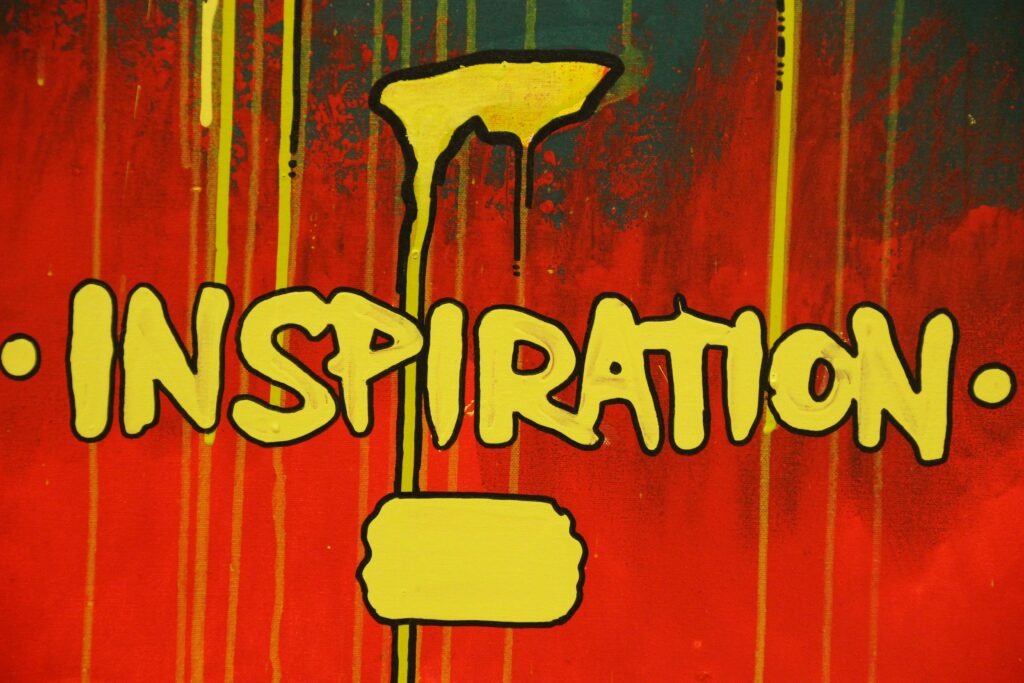Have you seen the recent fantastic and hard-hitting disability-related documentaries, shown last month on BBC2?
Silenced: The Hidden Story of Disabled Britain’ is a very moving account of how disabled people have fought for their freedoms and rights. Targeted: The Truth about Disability Hate Crime’ challenges perceptions of disability by showing the shocking reality of what life can be like for some disabled people.
The presenter of Silenced’, Cerrie Burrell, a CBeebies presenter who herself is disabled, experienced negative attitudes from parents who were uncomfortable about their children seeing her without wearing a prosthetic arm. Burnell digs deep to explore the inequalities that disabled people face and discovers how perceptions of disability stem from centuries ago where people feared difference and believed that disabled people were worthless’ so they were institutionalised and hidden away.
Burnell interviewed disabled activists who have fought hard to gain equality in independent living, education and access and describedthe reality of what it is like to live with a disability in Britain.
It was particularly interesting to hear an explanation of the Social model of disability, which places emphasis on the ways disabled people are excluded from participation in the world because of society barriers.
I was impressed that disabled people were at the centre of the documentary; it was very much their voices being heard and their views expressed. One woman described how it was automatically assumed that she wasn’t happy because she was different’ and needed to be fixed’.
Burnell herself, who was born at the same time as me, was told she had to have a prosthetic arm in order to fit in’. Although I received Conductive Education as a child, which was conceived to help disabled people achieve their full potential, it was still a way of fixing’ my disability so I could fit in, rather than society adapting to me.
Archive footage from the 1990s showed how disability campaigners attacked the patronising telethons portraying disabled people as objects of pity, which for a long time was the only representation that broadcasters felt was valid.
Targeted: The Truth about Disability Hate Crime’ was even more shocking and highlights the huge disparities in the lived experiences of disabled people.
It features five disabled people who have been victims of disability hate crimes for which no one has been prosecuted. In the documentary we see how difference provokes so much prejudice because disabled people are still perceived as social outcasts and rejected from society. It also highlights the huge inequalities that still exist in our society due to the fear, implicit biases and lack of understanding that have been bred over centuries.
Thankfully, I have never been on the receiving end on of a disability hate crime. I am obviously aware that these crimes happen but I was horrified at the stories I heard from disabled people who have been victims of crime due to their disabilities.
Providing an opportunity for disabled people to give in-depth accounts of the horrendous crimes that they fell victim to, validates their lived experience of disability. This is vitally important because it highlights the barriers that disabled people face every day due to the lack of understanding and knowledge of disability inherent in our society.
For me, the programme was an example of the systemic discrimination that disabled people face. Laws are vital but they are not going to change these biases. Instead we must all take responsibility for challenging and changing perceptions of disability towards the realisation of the value that disabled people have in society.
When I take time to reflect on how much I have been able to achieve in my life as a disabled person, I am grateful for the hard work that had has already been done by disabled people to ensure our rights. However we still have a long way to go in changing attitudes and perceptions towards disabled people in order to create an inclusive and equal society.
They might not be the latest box set or Netflix series, and I can understand why some people will shy away from watching programmes like these for fear of not being able to relate or being made to feel uncomfortable. But I would urge you to embrace this discomfort and talk about these difficult issues with friends, family and colleagues.
Disabled people have unique strengths and if we don’t unite together and push ourselves out of our comfort zones to recognise this, how can we ever combat fear and prejudice?
Watch Silenced: The Hidden Story of Disabled Britain’ here
Watch Targeted: The Truth about Disability Hate Crime’ here
Photo by JESHOOTS.COMon Unsplash


